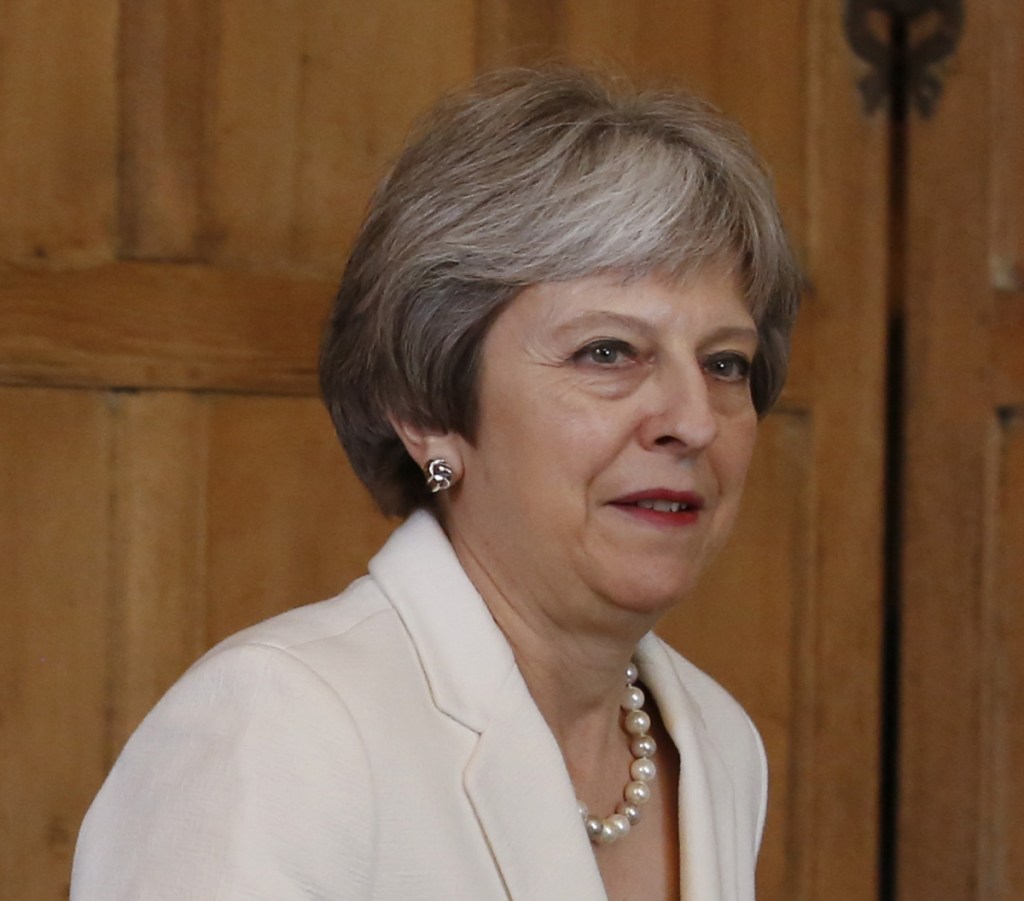Theresa May is openly contemplating a Brexit “Plan B” amid growing signs that the British Parliament will reject the deal she’s reached with the European Union and try to take charge of what happens next.
On Wednesday, the prime minister suffered her second defeat in two days in the House of Commons, losing control of the timetable for setting out the next steps if – as expected – Parliament votes down her Brexit deal on Jan. 15.
In the aftermath of Wednesday’s defeat, May’s office publicly discussed for the first time what she would do if she loses that critically important vote next Tuesday. “Our intention has always been to respond quickly and provide certainty on the way forward in the event we lose,” her spokesman, James Slack, told reporters in London. “That is what we will do.”
LOSING GROUND
Slack’s remark is a significant development and a clear sign that May’s team knows she’s losing ground in her battle with Parliament over who controls the direction of Brexit. It followed a defeat Tuesday when the Commons voted to undermine her preparations for a no-deal exit from the bloc.
It all points to a scenario in which the prime minister, who leads a weak minority government, can’t dictate what happens next, while an emboldened Parliament increasingly asserts its will.
Some in May’s Cabinet welcome that. Business Secretary Greg Clark became the latest senior government figure to signal that a no-deal Brexit was unacceptable. Speaking to the BBC on Thursday, he said the world’s investors were watching the U.K. with “mounting alarm,” and urged Parliament to be an “active participant” in finding a Brexit compromise.
SEEKING SUPPORT
In recent days, May has been trying to garner support for her deal. She met this week with a group of opposition Labour Party lawmakers in an attempt to win their support on Brexit, according to an official familiar with the matter. That’s in addition to a larger group of cross-party lawmakers she met with to discuss their concerns about a no-deal Brexit, as well as smaller groups of Conservatives, the official said.
However, the number of Labour members willing to risk their party’s fury in order to support May’s deal as it stands isn’t close to the number of Conservatives publicly committed to voting against it. Only a significant shift by the prime minister, for instance accepting a customs union with the EU, would have any chance of doing that.
That would outrage Brexit-supporting Conservatives, but there are signs that the rest of the party is losing patience with them. The Parliamentary defeats of recent days show that the prime minister is losing control of the process.
Send questions/comments to the editors.



Success. Please wait for the page to reload. If the page does not reload within 5 seconds, please refresh the page.
Enter your email and password to access comments.
Hi, to comment on stories you must . This profile is in addition to your subscription and website login.
Already have a commenting profile? .
Invalid username/password.
Please check your email to confirm and complete your registration.
Only subscribers are eligible to post comments. Please subscribe or login first for digital access. Here’s why.
Use the form below to reset your password. When you've submitted your account email, we will send an email with a reset code.